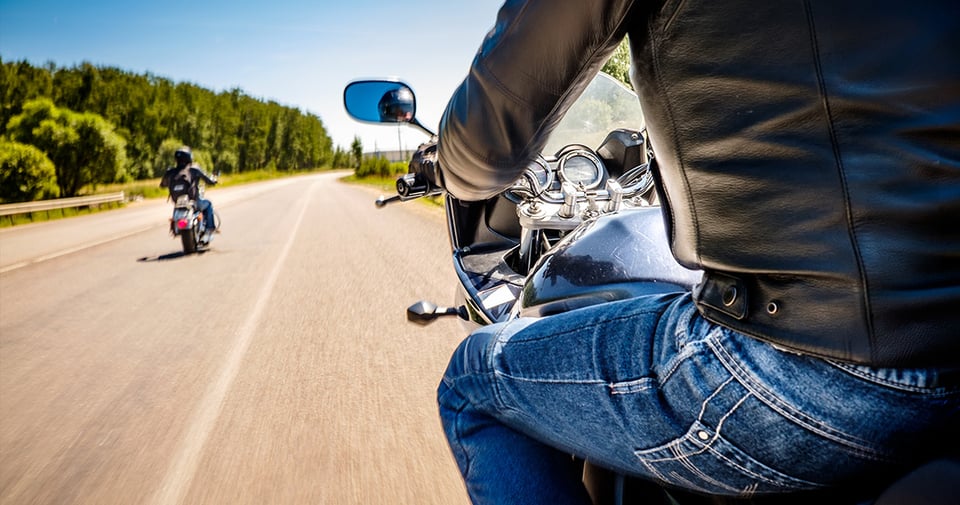
Tips for Budgeting for a Motorcycle Purchase
Are you thinking about purchasing a new motorcycle? Have you discussed a budget? Should you buy as much as you can afford, or should you get a used motorcycle to save money?
Keep the following tips in mind when you’re saving up for your upcoming motorcycle purchase.
Safety First
When purchasing a motorcycle, you’ll want to think about safety first. Many times, new motorcycle owners will forget about all of the safety gear that will need to be purchased outside of the motorcycle cost itself. Helmets, gloves, boots and a jacket can range to as much as $800—sometimes more. Start purchasing your gear now, so you can have more money to put toward the motorcycle itself down the road.
Check the Mechanics
Particularly when considering a used motorcycle, make sure that you adequately inspect the mechanics before taking the plunge on a purchase. Look for matching tires that are less than five years old. Tires are very important—if you are looking at used vehicles, you should plan to spend as much as an extra $300 on new tires.
Brake pads are another area you may need to budget for. If the bike is three years old or older, plan on replacing the pads and fluids. Chains and sprockets are also a key mechanical consideration, particularly with used motorcycles—these could cost as much as $300, all told.
Get Handy
If you’re handy with a toolbox and aren’t afraid to do a little maintenance yourself, a used option might be ideal. This is particularly true if you can handle some of the high-cost labor and upkeep in your own garage. If you can repair your rubber parts, fuel line, brake line, fork seals and intake manifolds, you’ll save some cash in the long run. Just keep in mind that the older the motorcycle, the more sensitive it is to the ethanol in modern gasoline, may cause fueling problems.
If handiness with a mechanics toolset isn’t your forte, consider a newer motorcycle, even if it’s smaller than you’d originally anticipated. A smaller investment now might mean you can sell and upgrade in a couple of years when you’re more flush, financially speaking.
Consider New
While buying used will have plentiful benefits, especially if you have experience with motorcycles and their mechanics, there are some key benefits to buying a new bike:
- A brand-new motorcycle may come with the comfort of reliability through a warranty. This can give you peace of mind, knowing you’re covered in case anything breaks or malfunctions soon after purchase.
- Vehicle history assumes that there are no accidents or damage to worry about when purchasing new.
- The new bike should come with low mileage or none at all. This allows you to be the first one to “break it in.”
- You shouldn’t expect a new bike to break down or need any major repairs for a while. This predictability and reliability means you’ll better know what to expect in terms of monthly expenses.
Buying your first motorcycle is an exciting endeavor, but don’t get too swept away with the heat of the moment. Keep these tips in mind when you’re ready to start the process.

 605-334-2471
605-334-2471



